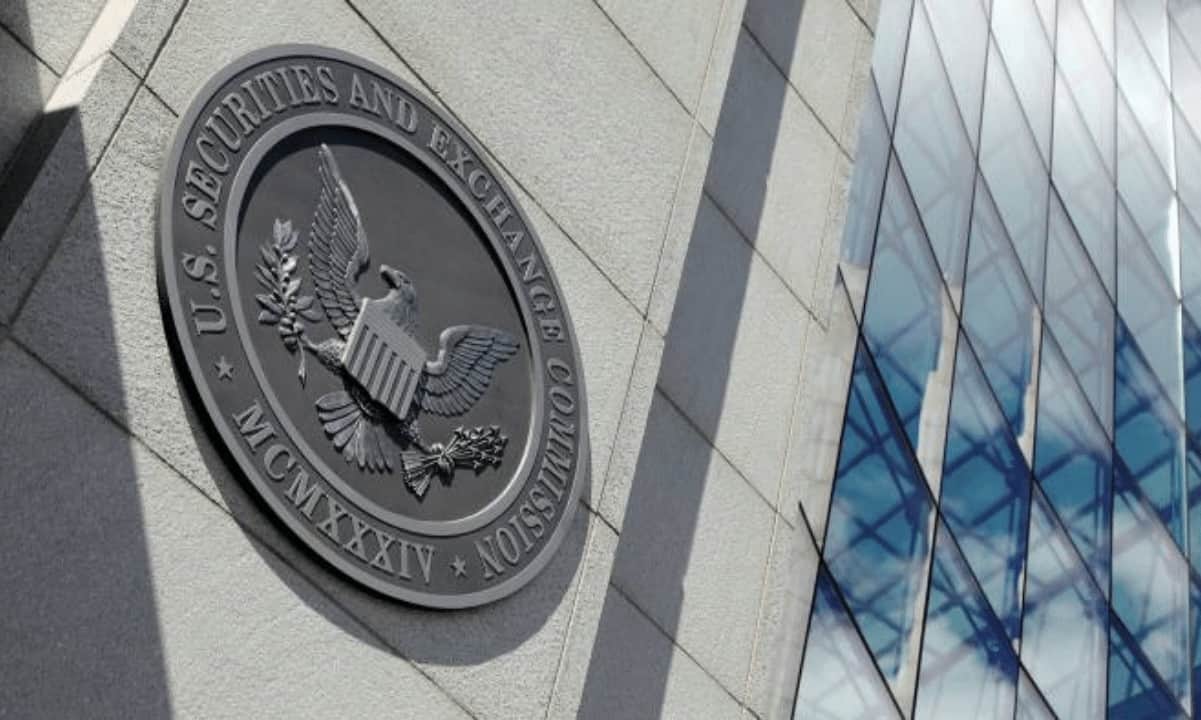
The SEC is now aiming at the creators of NFTs in an effort to determine whether or not they violate its rules and regulations.
The financial regulator is growing concerned that NFTs are being used for unregulated securities token offerings, according to Bloomberg. The ongoing review is also examining fractional non-fungible tokens – when they are divided into smaller parts so that the artwork or unique item can be owned by several people.
Over the past few months, the SEC has sent subpoenas to NFT creators and various crypto firms and exchanges requesting more information, according to the report.
NFTs in The Spotlight
Late last year, SEC Commissioner Hester Peirce, also known as “Crypto Mom,” warned that the regulator would be turning its attention to non-fungibles next. “Given the breadth of the NFT landscape, certain pieces of it might fall within our jurisdiction,” she said at the time before adding, “people need to be thinking about potential places where NFTs might run into the securities regulatory regime.”
As it does with crypto assets, the primary concern for the SEC is whether NFTs can be classified and regulated as securities. Such assets refer to a fungible, negotiable financial instrument that holds some type of monetary value. The SEC applies the Howey Test, which comes from a 1946 U.S. Supreme Court decision, to determine if something is a security.
However, industry advocates generally argue that regulations for equity markets should not also apply to cryptocurrencies or NFTs.
According to blockchain analytics firm Chainalysis, around $44 billion worth of crypto assets were sent to NFT-based smart contracts on the Ethereum blockchain last year. This figure was up more than 40,000% from the $106 million in 2020.
NFT Markets Cooling
NFT markets appear to be cooling off, however, as the number of unique buyers has dropped to a three-month low.
This figure has fallen to 50,827 as of February 28, according to CryptoSlam. This is a decline of 47% from the January high of 95,592.
The “mini bear market” has also resulted in a 40% decrease in February sales volume from January’s near record-breaking $4.4 billion. The current daily sales volume is around $70 million, down 83% from the August 28 all-time high of $427 million.
This article first appeared at CryptoPotato